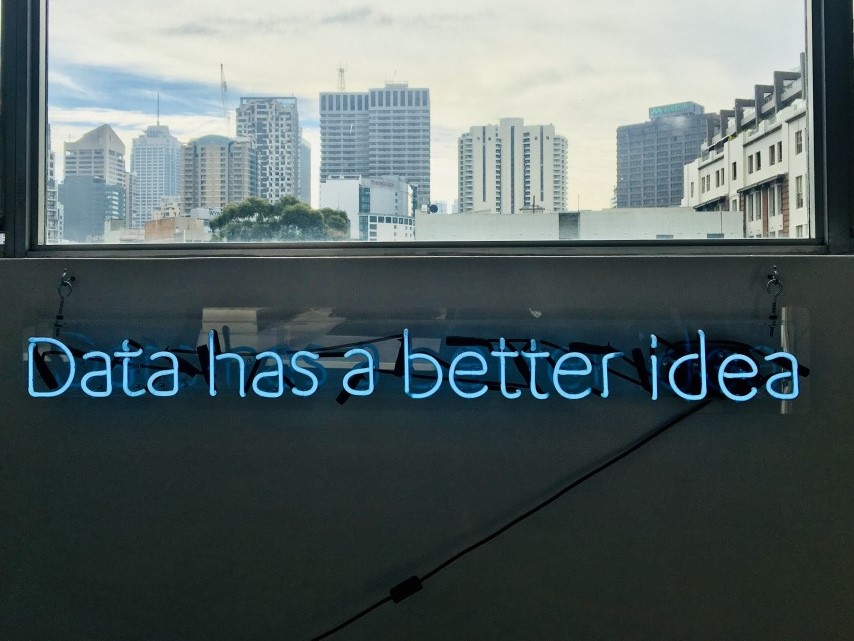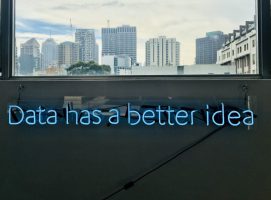Welcome! I am writing this blog as part of an assignment for a Master’s degree in Communication for Development with Malmo University. The aim is to explore the topic of ICT and new media for development and their role in social change. Over the next few weeks I intend to post content about decolonisation. I will cover initiatives that are critiquing the production of knowledge based on European experiences and that are imagining alternative solutions. I will also touch upon how different ICT solutions are contributing towards this debate. I hope you enjoy the blog. Please share your thoughts and ask questions as posts are published. Let’s get started.
Lets talk about racism in the development sector

The past few months has seen increasing press coverage about racism in the aid and development sector. This discussion is by no means new. However the global Black Lives Movement protests and COVID-19 this year have exposed and reverberated deep systemic racism and inequalities on people of colour. And despite its aspirations to ‘do good’, through supporting principles of humility, equality and empathy, the aid and development sector is in no way exempt from all of this. More than ever, there are now louder calls to decolonise development and anti-racist initiatives are being developed in response to this call.
Recent narratives tell experiences of covert racism from aid and development practitioners and shed light to how the colonial discourse and white supremacy culture dominates the sector. For example, these stories inform how people miss career progression due to their colour and gender; how white colleagues are given lead roles in decision making without contextual or institutional understanding of the dynamics of the Global South; and the prevalence of nepotism between white males. More explicit racialising and subjugating conduct in the sector include, language that refers to travel to the Global South, as ‘going on a mission’ or ‘to the field’ inferring going somewhere dangerous; the lack of direct funding to Global South – despite Grand Bargain 2020 agreement – ensuring that power, resources and decision making remain in the Global North; and heavily employing leading roles from the Global North whilst ignoring, undermining and devaluing local knowledge.
Accountability and transparency paving the road to equality
One way to begin to dismantle the structures maintaining racism within development organisations is by creating a more accountable and fairer sector upheld through transparency. An example of this is an be a score card, showing existing power imbalances, for example through scrutiny of how many people from what racial origin occupy which places in hierarchy within a development organisation. An initiative looking to do just this is The Equity Index, which is concerned about making transparent the culture, race, gender inclusion, power dynamics, and South-North partnerships to reveal how truly equitable UK development organisations are. The Index is aiming to measure and track dimensions of equity in internal and external policies, practices and partnerships of development organisations such as donors, government philanthropists, and research institutions.
A new social enterprise that launched in July 2020, The Equity Index will focus on compiling and distributing data to show information such as existence of proactive measures to recruit people of colour; representation of locals from which the organisation operates in decision making roles; what share of financing is spent in headquarters vs Global South; and the gender balance in Southern leadership. Their aim is to raise awareness about the negative consequences of inequity and by publishing the data hold organisations concerned accountable. Ultimately by illuminating the areas within UK development organisations that are inequitable, the sector might more proactively address the power imbalances and begin to pave the way towards more equality.
Following the Black Lives Movement protests over the summer, people and organisations are asking difficult and reflexive questions about their stance on racism and how that translates in anti-racism efforts. Shifting power and decolonising development will require significant anti-racism effort, on all levels, in order to consciously dismantle the structures which create and perpetuate inequality. A solution such as this index might be one of the many answers to levelling the playing field and to begin ensuring that people of colour are receiving an equal seat at the table.
What are your thoughts on this initiative? Have you come across similar or other initiatives using ICT to decolonise development that you’d like to share?
—-
References
Kothari, U., 2006, Critiquing ‘race’ and racism in development discourse and practice, Progress in Development Studies 6 (1)
Pailey, R. N., 2019, De-centering the ‘White Gaze’ of Development, Development and Change, 51(3)
White, S., 2002, Thinking Race, Thinking Development, Third World Quarterly, 23 (3)


